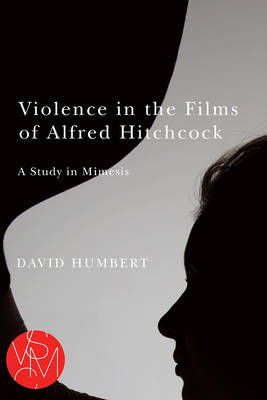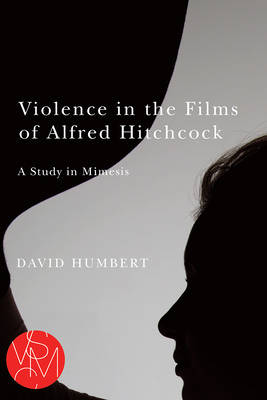
- Afhalen na 1 uur in een winkel met voorraad
- Gratis thuislevering in België vanaf € 30
- Ruim aanbod met 7 miljoen producten
- Afhalen na 1 uur in een winkel met voorraad
- Gratis thuislevering in België vanaf € 30
- Ruim aanbod met 7 miljoen producten
Zoeken
Omschrijving
Parting ways with the Freudian and Lacanian readings that have dominated recent scholarly understanding of Hitchcock, David Humbert examines the roots of violence in the director's narratives and finds them not in human sexuality but in mimesis. Through an analysis of seven key films, he argues that Girard's model of mimetic desire--desire oriented by imitation of and competition with others--best explains a variety of well-recognized themes, including the MacGuffin, the double, the innocent victim, the wrong man, the transfer of guilt, and the scapegoat. This study will appeal not only to Hitchcock fans and film scholars but also to those interested in Freud and Girard and their competing theories of desire.
Specificaties
Betrokkenen
- Auteur(s):
- Uitgeverij:
Inhoud
- Aantal bladzijden:
- 210
- Taal:
- Engels
- Reeks:
Eigenschappen
- Productcode (EAN):
- 9781611862393
- Verschijningsdatum:
- 1/05/2017
- Uitvoering:
- Paperback
- Formaat:
- Trade paperback (VS)
- Afmetingen:
- 152 mm x 226 mm
- Gewicht:
- 317 g

Alleen bij Standaard Boekhandel
+ 60 punten op je klantenkaart van Standaard Boekhandel
Beoordelingen
We publiceren alleen reviews die voldoen aan de voorwaarden voor reviews. Bekijk onze voorwaarden voor reviews.











